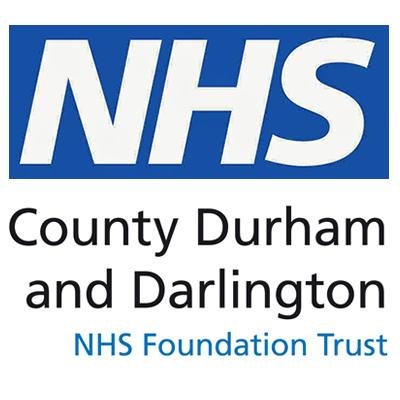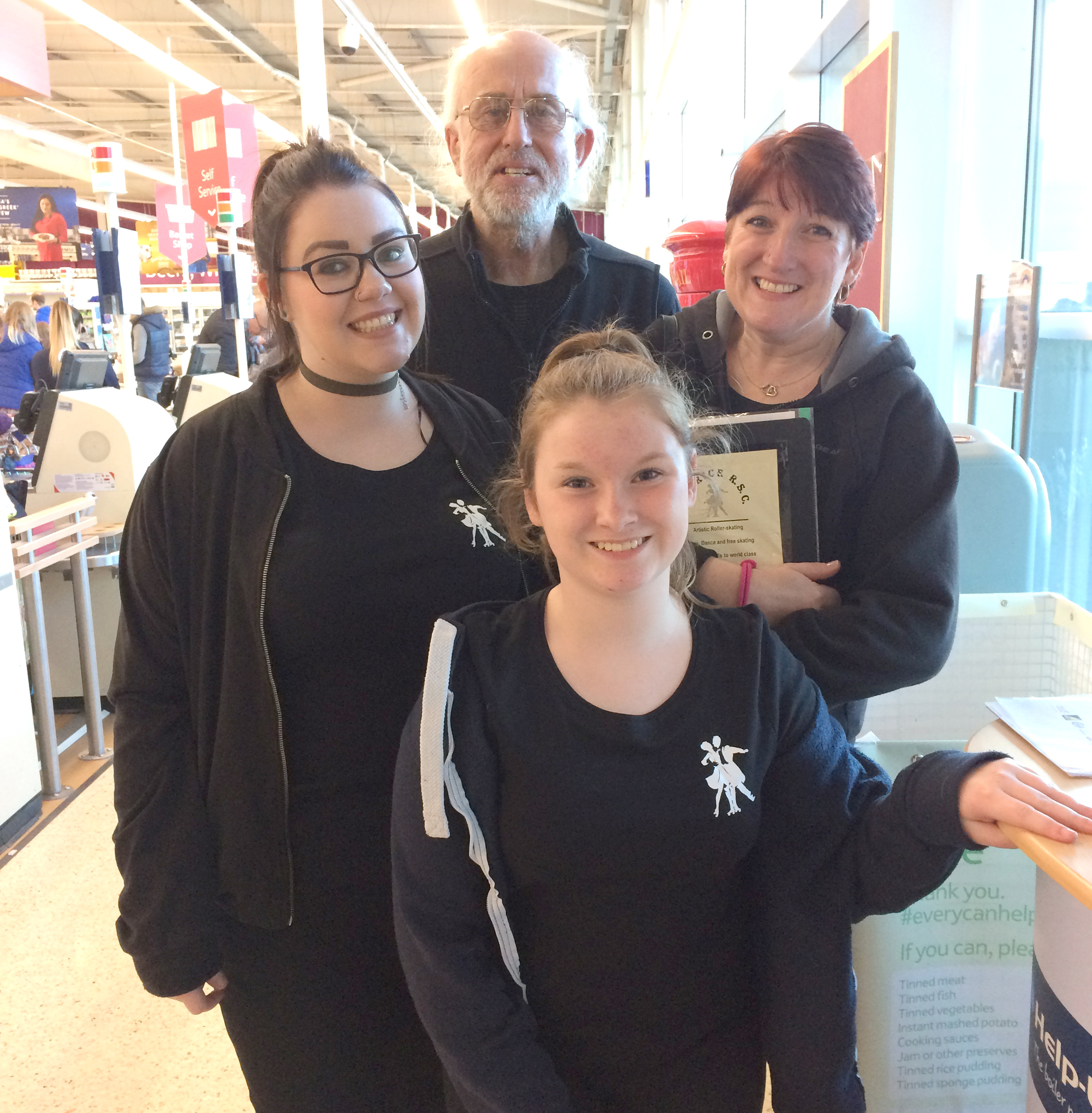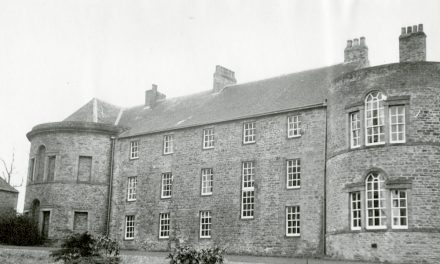GPs have issued advice on how to access the most appropriate healthcare over the upcoming bank holiday.
Health officials in County Durham are encouraging people to follow their ‘What to do if you are unwell’ guidance this May bank holiday. Dr Stewart Findlay, chief officer, NHS County Durham Clinical Commissioning Group (CCG), said: “Anyone requiring urgent medical care over the bank holiday weekend will be able to access primary care services by calling NHS111 or contacting NHS111online at www.111.nhs.uk.
“A trained assessor will determine the most appropriate place for you to receive care and based on clinical need they can also book face-to face appointments, if required, at one of our Urgent Treatment Centres.
“However we also need people to know what to do, to be able to help themselves and the NHS during this time, by choosing the most appropriate healthcare and following our ‘What to do if you are unwell’ advice.”
• Help Yourself – you can safely treat the symptoms of many minor ailments at home, including hangovers, grazed knees, sore throats and minor coughs with rest and over-the-counter medicines.
• Ask your pharmacist – Pharmacists are an excellent source of health advice, particularly about long-term conditions and common illnesses such as diarrhoea, runny nose, coughs, colds, headaches and stomach upsets.
• Use NHS online services – The NHS website www.nhs.uk offers advice on a range of health issues. Health advice is also available to patients by completing an online (eConsult) form on their local practice website.
• Call NHS111 or go to NHS111 online – if your GP practice is closed and you feel unwell call NHS111 to be directed to the most appropriate care. The service is available 24/7. An adviser will ask questions to assess your symptoms and then give you advice or direct you to the best service for you.
• Accident and Emergency & 999 for life-threatening emergencies – Call 999 straightway for chest pains, choking, severe blood loss, blacking out, unconsciousness, suspected stroke or serious injury.
In line with current guidance patients experiencing Coronavirus symptoms: a high temperature, feeling hot to touch on the chest or back, a loss of taste or smell, or a continuous cough – coughing a lot for more than an hour or three or more coughing episodes in 24 hours – should seek help and advice using NHS111online services at www.111.nhs.uk/covid-19 or by calling NHS111.
“The NHS is still here for everyone but it is important that everyone uses it appropriately,” added Dr Findlay.
“If anyone has any urgent health concerns they should seek help as soon as possible and not ignore symptoms.”









